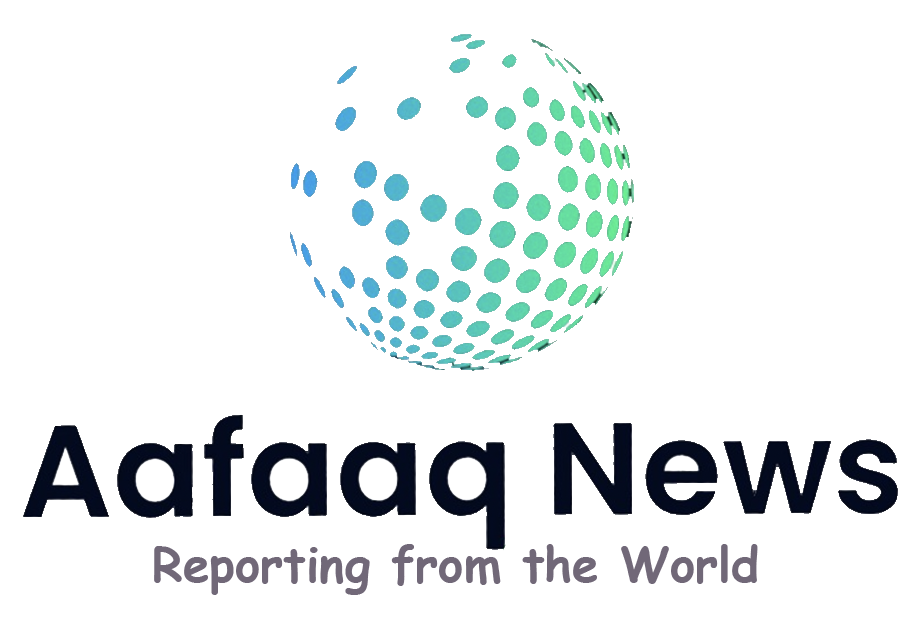Somalia’s decision to invite Turkey into its territorial waters for oil and gas exploration marks another chapter in a series of misguided and potentially dangerous agreements made by the Somali government. President Recep Tayyip Erdogan’s recent motion to deploy Turkish military forces, including naval support, highlights the growing influence of Turkey in Somali affairs. While some may view this as a beneficial partnership, a closer examination reveals several critical flaws and long-term risks for Somalia.

A Questionable Alliance
Turkey’s presence in Somalia has grown substantially in recent years. From building schools and hospitals to providing scholarships and military training, Ankara’s footprint is undeniable. In 2017, Turkey opened its largest overseas military base in Mogadishu, symbolizing its strategic interests in the region. While these efforts might appear to be in Somalia’s favor, they also suggest a deeper, more self-serving motive behind Turkey’s involvement.
The recent defense and economic cooperation agreement, signed during the Somali defense minister’s visit to Ankara, underscores the extent of Turkey’s influence. By agreeing to let Turkey explore for oil and gas off its coast, Somalia risks becoming overly dependent on a foreign power whose primary interests may not align with its own.
Economic and Environmental Concerns
The Somali government seems to have overlooked the potential economic and environmental ramifications of this deal. The promise of oil and gas exploration can be alluring for a country struggling with poverty and instability. However, the benefits of such ventures are often unevenly distributed, leading to increased inequality and social unrest. Moreover, the environmental risks associated with offshore drilling are significant. Somalia’s fragile coastal ecosystem could suffer irreparable damage from oil spills and other industrial accidents, further exacerbating the country’s vulnerabilities.
Sovereignty at Stake
By inviting Turkish military forces into its territorial waters, Somalia is effectively ceding a portion of its sovereignty. This move sets a dangerous precedent, signaling that the Somali government is willing to compromise its autonomy for short-term gains. Such actions can undermine national security and erode public trust in the government’s ability to protect and govern its own territory.
The presence of Turkish military forces in Somali waters raises questions about the balance of power in the region. Somalia’s neighbors and other international stakeholders may view this development with suspicion, potentially leading to increased tensions and conflicts. Furthermore, the deployment of Turkish military forces could embolden other foreign powers to seek similar arrangements, further compromising Somalia’s sovereignty and stability.
A Call for Accountability
The Somali government’s decision to align so closely with Turkey warrants serious scrutiny. While the partnership may bring some immediate benefits, the long-term consequences could be detrimental to Somalia’s future. It is crucial for Somali leaders to consider the broader implications of their actions and prioritize the nation’s sovereignty and well-being over short-term gains.
The international community, too, must hold the Somali government accountable for its decisions. Transparency and accountability are essential to ensure that such agreements are made in the best interests of the Somali people. The potential risks associated with oil and gas exploration, environmental degradation, and the loss of sovereignty must be thoroughly examined and addressed.












AsOEfoFaiZwJqmNW
gQqOlNaI
EfqNBRCtTlsFaA